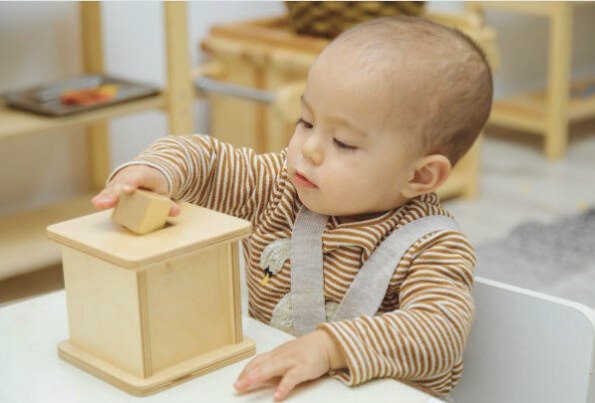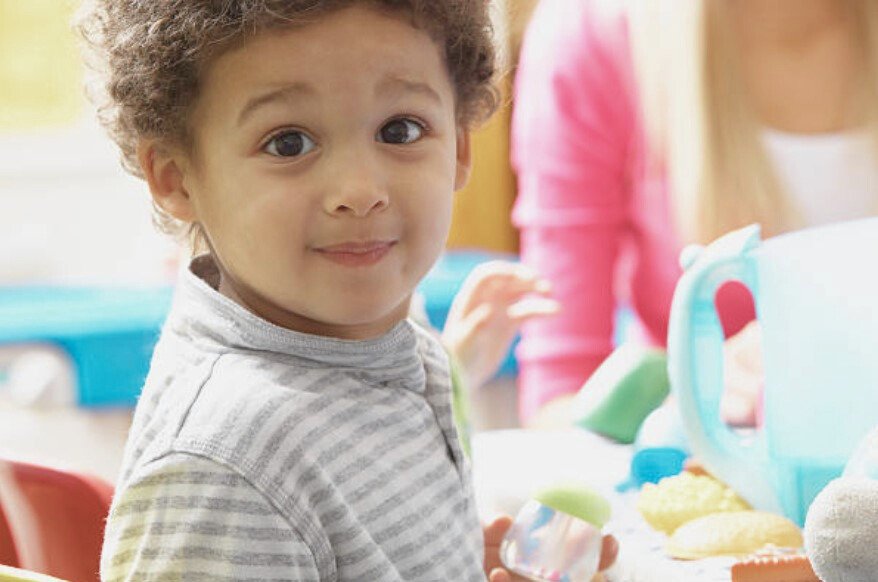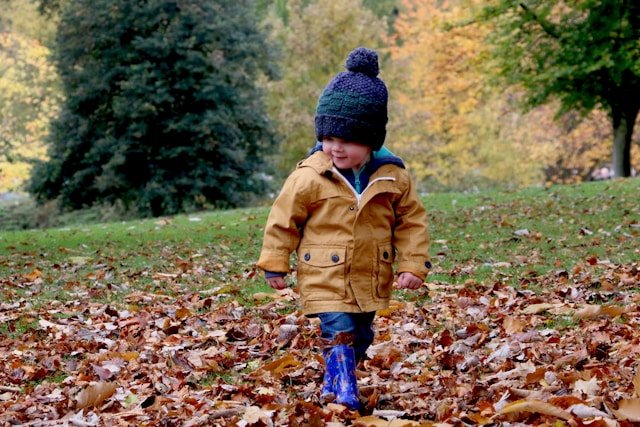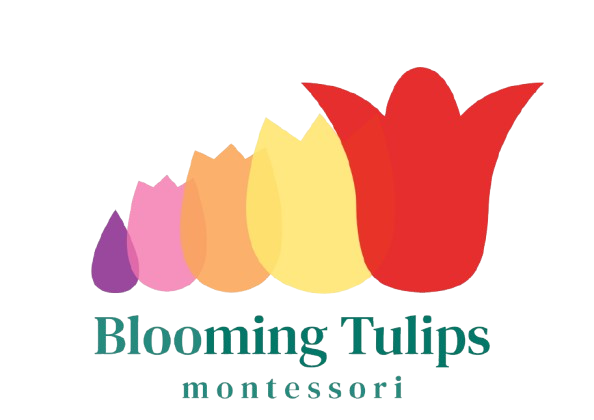Purposeful Play.The Work of the Child
Play is the Work of Children
“For children playtime is a time of learning by practice. Every new movement which a little child makes is tried first of all tentatively and then repeated until the first clumsiness is gradually refined to an exact movement. Every plaything he uses is a tool for his work.” – Dr MARIA MONTESSORI
What is the power of Purposeful Play?
Undoubtedly, play is a significant part of a child’s development. It offers a great opportunity for children to explore, try out new things, and learn different skills.
When we talk about purposeful play, we are referring to any activity children engage in to learn specific skills or gain knowledge. The activity gives children a chance to think creatively without being pressured or pursuing set objectives.
“Grown-ups think of play as a purposeless occupation that keeps children happy and out of mischief, but actually when children are left to play by themselves very little of their activity is purposeless.” – Dr MARIA MONTESSORI
Why is purposeful play essential?
Playing purposefully offers children an opportunity to experiment with their environment, examine cause-and-effect relationships, and learn about different possibilities. During play, children also get to express themselves and cultivate their imaginations, giving them a chance to discover their interests and talents. More importantly, they gain crucial life skills, including problem-solving, communication, and critical thinking.
How do we promote purposeful play?
There are many ways to encourage children to engage in purposeful play:
Firstly we put an effort to understand the interests and curiosities of the child. We allow children to take the lead by offering relevant activities and games that match their interests. This strategy will keep them engaged and motivated to learn more about their hobbies.
Hands-on play activities are a great way to engage children, as they encourage controlled experimentation and independent learning. This type of play has the added advantage of keeping children physically active and healthy.
Encouraging creativity. A great way to stimulate creativity is by providing open-ended materials, such as big household boxes, where the child can use their imagination to build something unique.
Promoting social interaction. Playtime is an excellent opportunity for social interaction. Children will learn how to take turns, work collaboratively, and make friends.
In summary, purposeful play is an excellent way to help children develop their social, emotional, and cognitive abilities, and it offers numerous benefits for their growth and development.
Exploring the world and learning new things that are fun and interactive is an important aspect of a child’s development.
There are many different types of purposeful play, each offering unique benefits. It is wonderful to explore various activities with children, giving them ample opportunities to learn while having fun. The key is to always keep it fun and interactive; everything can be a learning opportunity.
A child is free to make their own choices
A child is free to make their own choices, set up their materials on a table or mat, and practice for as long as they want to attain perfection. In Montessori classrooms, children are at ease to explore, move around, and work together with their peers. By focusing on materials of their choosing, children direct their journey towards proficiency. Not only do they improve their persistence skills with effort, but they also gain self-confidence in their decision-making ability.
The strength of even the smallest children is more than we imagine, but it must have a free play in order to reveal itself. Dr Maria Montessori
“Every little mind is unique and develops at their own pace – it’s essential to understand that not all will learn the same concepts together. Education must meet each child where they are. Montessori education encourages children to take on new and ever-challenging concepts that they have mastered – it allows them to build their foundation of knowledge. By not forcing those who may need more time or focusing solely on speed learners, each child can develop at a rate suitable for them. Furthermore, when the basics have been established, there is no point in dwelling on laborious repetition – which can lead to boredom and disengagement from a subject matter, therefore allowing motivation within children to be empowered.”
More on the intentionally prepared environment we offer for all age groups
At Blooming Tulips Montessori, we cater 0 to 5 years old little adventurers, nurturing their development with authentic passion for care and education through a child-centered approach.

For babies aged 12 weeks to 18 months old (Nido)
In Italian, a Montessori space designed for infants is called nido, which means “nest.” The space expresses all the warmth, love and attachment from the womb. A serene ambience for little ones to feel at ease and snug. It provides a nurturing space for infants aged 12 weeks to 18 months old. Our trained educators care for the little one’s every developmental whimper, aiding their journey to independence while warmly observing their growth and inquisitive explorations.

For children aged 18 months to 2.5-3 years old (Infant Community)
From their newfound independence to remarkable achievements of physical movement, communication, problem-solving ability and social interactions, children between the ages of 18 months and 2.5-3 years thrive during a crucial developmental phase. Our Toddler program nurtures and maximises their potential, providing a compassionate and supportive environment for our youngest learners.

For children aged 2.5-3 to 5 years old (Children’s House)
Our scientifically-designed, carefully crafted program for young ones aged 2.5-3 to 5, focuses on developing knowledge, confidence and social skills. They’ll direct their own activities, building knowledge, confidence, and social skills. Our educator’s gentle encouragement helps the children to utilise all the available materials, to explore practical life activities, geography and mathematics. Our aim is to nourish young minds and encourage growth in a compassionate and nurturing environment.

Forest School inspired learning for 2 to 5 years old
We believe a child’s development flourishes when there is a gentle balance between indoor learning, within our intentionally prepared rooms and garden, and outdoor exploration in the forest. That’s why we dedicate two days each week to forest learning, where nature becomes the child’s guide, teacher, and inspiration.
Our nursery is located just a five minute walk from magical places like The Bury Grounds natural spaces where children’s imaginations are free to run wild. We beautifully blend the Montessori philosophy with the Early Years Foundation Stage (EYFS) curriculum and forest learning, creating a rich and holistic learning experience. Children thrive in these outdoor environments, where free play, fresh air, connection with nature, and physical activity are all cherished parts of their forest learning journey, which takes place two days a week.
Parents, Let’s work together!
“Your child is a unique individual with boundless potential and possibilities. By working together, we can unlock the doors to a life full of excitement and fulfilment. We can inspire young learners to embrace a life-long love for learning. From thinking mathematically to creating masterpieces, let’s nurture your child’s unique potential. Help your child to discover their capabilities and build deep foundational values that will serve them well through adulthood. Let’s help them become unstoppable forces of good in the world. Together we can do this.” Dilia
